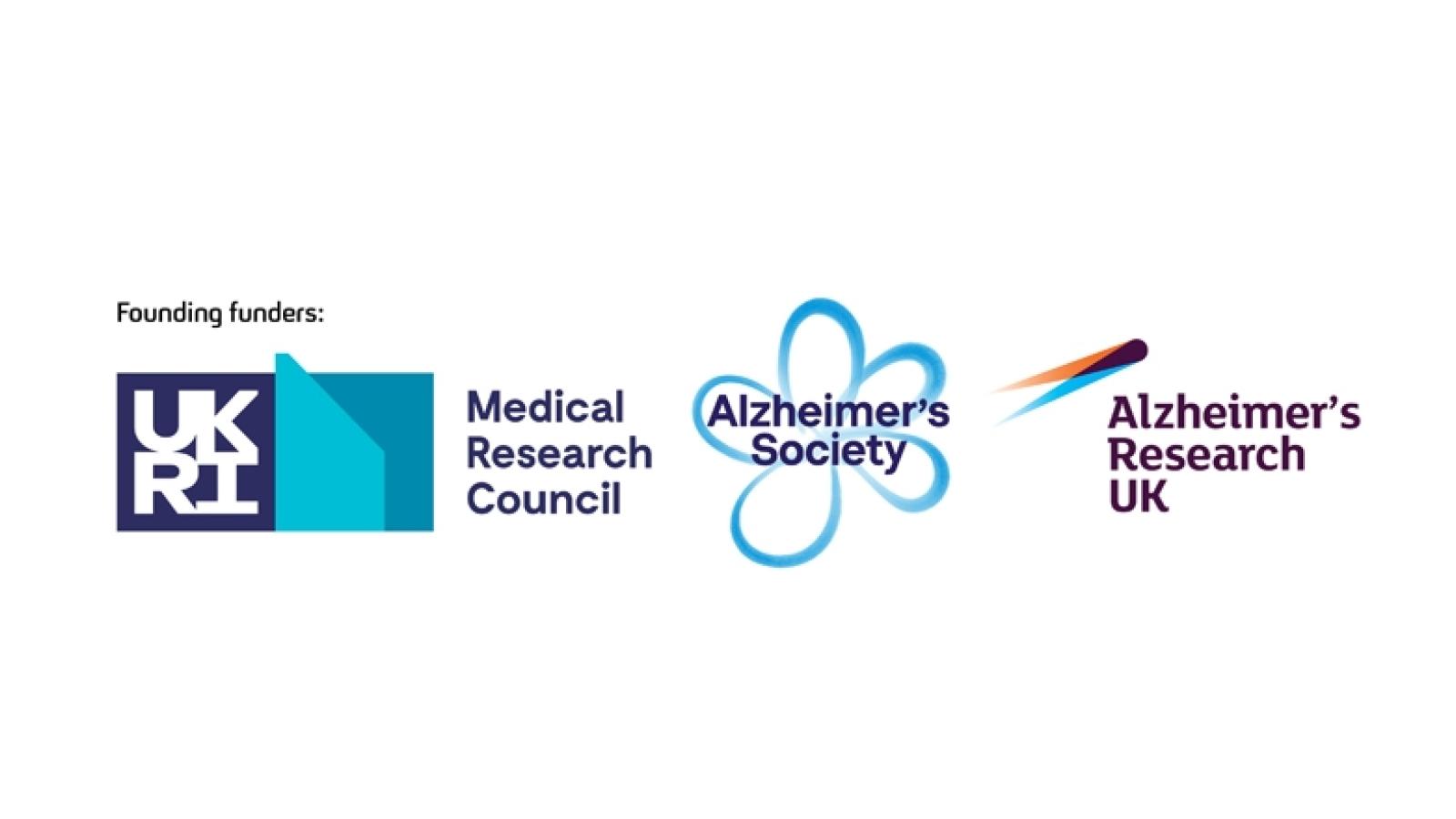The Medical Research Council (MRC), Alzheimer’s Society and Alzheimer’s Research UK joined forces and expertise to set up the UK Dementia Research Institute. Four years since its launch, the pioneering Institute is now made up of over 750 scientists working together across seven world-class research Centres to significantly advance our understanding of dementia and how to beat it. We’re making huge progress in the race to cures and improving care.
As the Institute grows, we must adapt to both challenges and opportunities. The Covid-19 pandemic has placed increasing pressure on charities, and as such, plans have had to be adjusted. In light of this, we have been working closely with Alzheimer’s Society and Alzheimer’s Research UK to form smaller scale tailored partnerships going forward, supporting specific activities that are aligned to their visions, and ultimately to continue to benefit people with dementia.
We are pleased that the MRC (UKRI) remains the core funder of the UK DRI, and together we continue to make the strong case to government for continued funding of dementia research. In addition, UK DRI is seeking to engage new funding partners as we continue to do our original, ground breaking research that will transform lives.
William Rucker, Chair of the UK DRI, said:
“We would like to thank all our founding charity funders for the initiative to help create the world leading UK Dementia Research Institute and we look forward to their continuing involvement with the growth and success of the UK DRI.”
Hilary Evans, Chief Executive of Alzheimer’s Research UK, said:
“We were proud to be a founding partner of the UK DRI and to now re-commit to the Institute for the coming years. The UK DRI plays a unique and critical role in the national dementia research infrastructure, and in backing its onward growth, we will be making more breakthroughs possible for everyone affected by dementia.”
Kate Lee, Chief Executive of Alzheimer’s Society, said:
“The UK DRI’s revolutionary approach will change the lives of people with dementia, and we’re incredibly honoured to have helped found it. We will continue to support the great collaborative work taking place here, both to benefit people with dementia today and to give hope for those affected in the future.”
Article published: 01 April 2022
